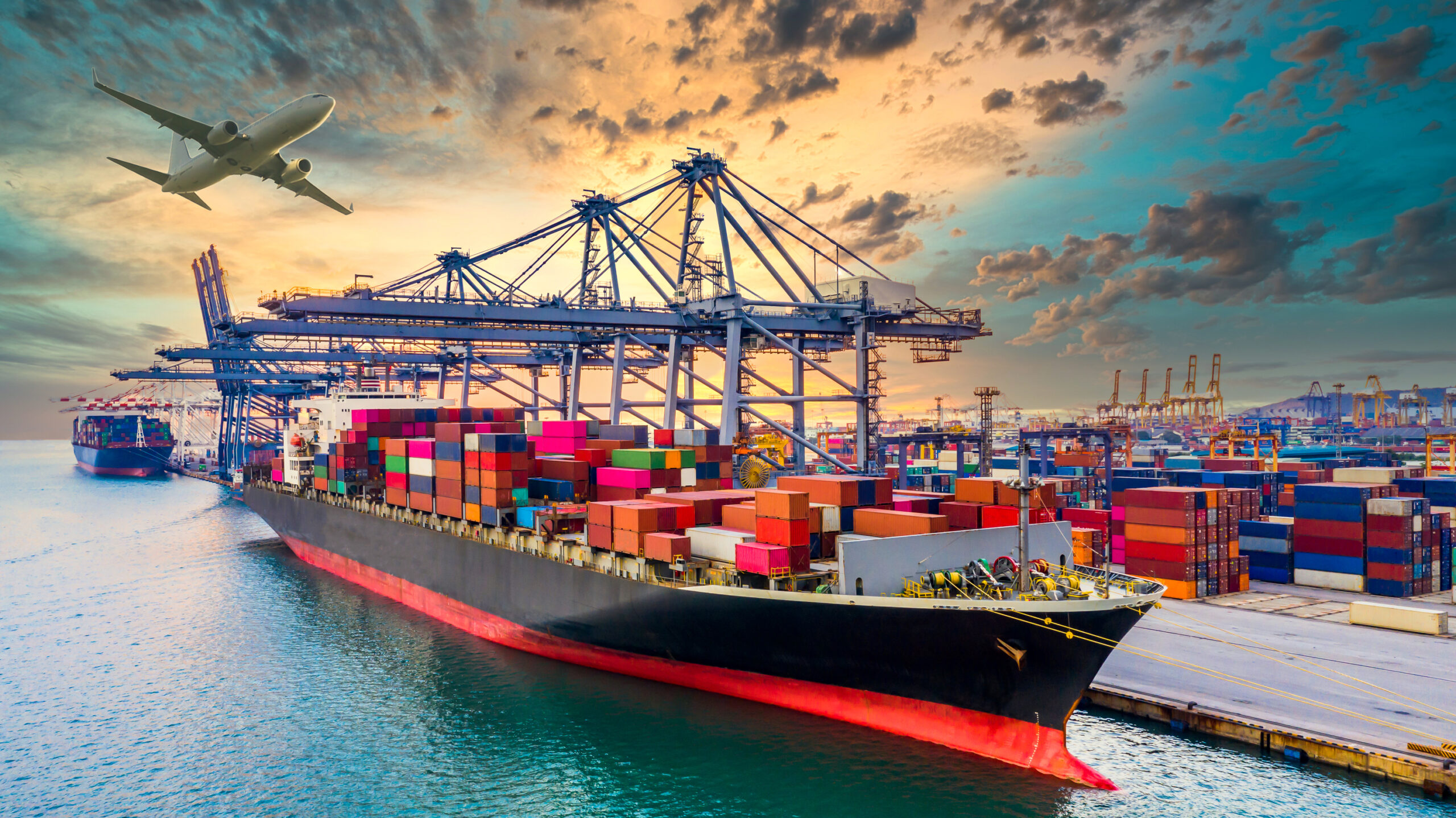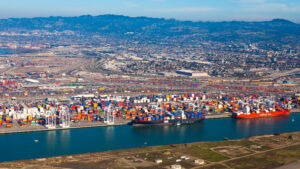The Trump administration on Thursday finalised port fees on Chinese vessels docking in the US, a move which comes as the US and China are locked in a major trade war over Trump’s tariffs and could further rachet up tensions.
The phased plan targets Chinese-owned, operated and built ships, and fees will be incrementally raised over the following years.
The proposal follows a months-long investigation, which included USTR convening a two-day public hearing, receiving nearly 600 public comments, and consulting with government agency experts and USTR cleared advisors.
The plan unveiled on the United States Trade Representative (USTR) website offered a 180-day grace period as the applicable fees will be set at $0.
After this period, fees will be levied on Chinese-owned and operated vessels based on net tonnage per U.S. voyage and will be increased incrementally over the following years.
Fees will also apply to operators of Chinese-built ships based on net tonnage or containers, which will also be increased incrementally over the following years.
A fee will also target foreign-built car carrier vessels based on their capacity with the aim to incentivize U.S.-built car carrier vessels.
The first phase of the policy will take effect in 180 days. A second phase, targeting foreign-built liquefied natural gas (LNG) vessels, is scheduled to be implemented in three years.
The USTR said a second phase of actions will begin in three years to favour U.S.-built liquified natural gas (LNG) vessels. These restrictions will rise incrementally over the following 22 years.
In addition, USTR is seeking public comments on the proposed tariffs on ship-to-shore cranes and other cargo handling equipment, in line with the President’s maritime executive order.
“Ships and shipping are vital to American economic security and the free flow of commerce,” said Ambassador Greer. “The Trump administration’s actions will begin to reverse Chinese dominance, address threats to the U.S. supply chain, and send a demand signal for U.S.-built ships.”
Leaders of the United Steelworkers and the International Association of Machinists and Aerospace Workers, two unions -among others- that called for the investigation that led to Thursday’s announcement, applauded the plan and said they were ready to work with the Congress to reinvigorate domestic shipbuilding and continue fighting for high-quality shipbuilding jobs across the country.
“The IAM Union is pleased to see meaningful remedies put forward to reinvigorate domestic shipbuilding,” said IAM International President Brian Bryant, who recently testified at the USTR’s hearing on section 301 proposed remedies.
“We will continue to work to ensure these policies are properly implemented so that we are successful in creating high-quality jobs for IAM members in the shipbuilding and ship repair industries,” Bryant said.
The revisions tackle major concerns voiced in a tsunami of opposition from the global maritime industry. Forecasters warn of global repercussions as Washington takes aim at China’s shipbuilding dominance.



